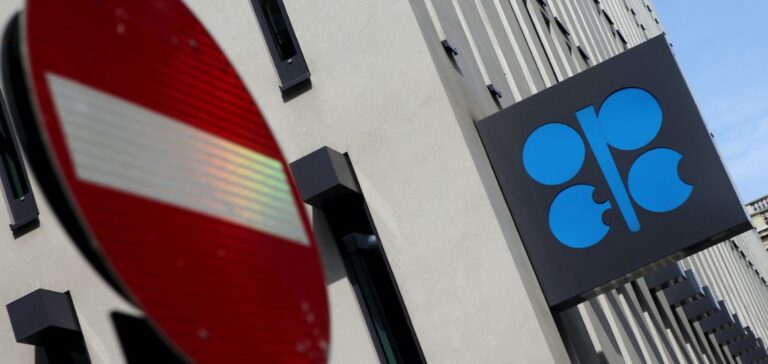The oil market continued to rise on Friday, driven by expectations of a further extension of Saudi Arabia’s production cuts and Russian exports for the month of October.
Rising oil prices: Saudi Arabia may increase production
At around 09:55 GMT (11:55 in Paris), Brent North Sea crude oil for November delivery, the first day of its use as a reference contract, was up 1.04% at 87.73 dollars. Its American equivalent, a barrel of West Texas Intermediate (WTI) for October delivery, gained 1.08% to $84.63.
Both global oil benchmarks are on course for strong weekly gains, and are trading close to their highest prices of the year.
“This price level would theoretically give Saudi Arabia the opportunity to cancel at least part of its voluntary production cut of one million barrels per day,” notes Commerzbank analyst Barbara Lambrecht.
But “the latest remarks by Russian Deputy Prime Minister Novak stand in the way” of this scenario, she stresses.
He assured us that Russia and the members of the Organization of the Petroleum Exporting Countries and their allies (OPEC+) had agreed on further production cuts.
Oil market: Strong demand and reduced inventories in the United States influence prices
“We will publicly announce the main parameters next week,” he told Russian President Vladimir Putin during a televised government meeting on Thursday. “Most market players and analysts also assume that the cuts will be extended,” Lambrecht also reminds us.
These expectations are therefore built into crude prices, “so that a drop in prices would be likely if Saudi Arabia withdrew its production cut”, she explains.
The analyst therefore favors a “cautious” approach from Russia and Saudi Arabia, which are unlikely to increase their crude supply next month.
Expectations of a prolongation of supply cuts were compounded by “an impressive inventory drawdown in the US, which revealed strong demand ahead of the Labor Day weekend”, commented Neil Wilson, analyst at Finalto. Visit
U.S. crude oil reserves fell by 10.6 million barrels last week, whereas analysts were expecting a reduction of 2.2 million, according to figures from the U.S. Energy Information Agency (EIA) published on Wednesday.





















